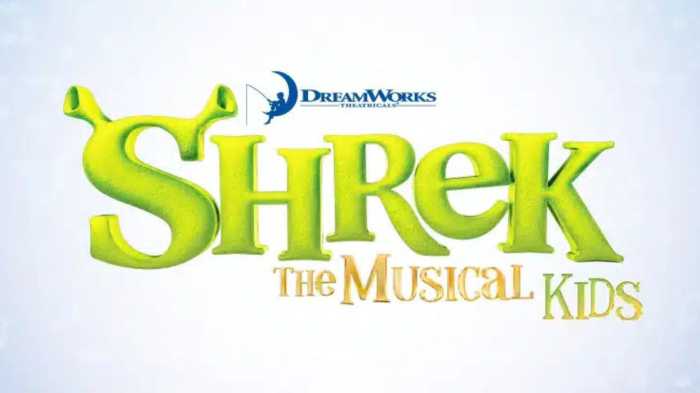 “Here is your country. Cherish these natural wonders, cherish the natural resources, cherish the history and romance as a sacred heritage, for your children and your children’s children,” said President Theodore Roosevelt over 100 years ago. As a staunch conservationist of America’s natural wealth, his words resonate even more strongly in today’s fragile world.
“Here is your country. Cherish these natural wonders, cherish the natural resources, cherish the history and romance as a sacred heritage, for your children and your children’s children,” said President Theodore Roosevelt over 100 years ago. As a staunch conservationist of America’s natural wealth, his words resonate even more strongly in today’s fragile world.
Environmentalist, New York Times best-selling author, and mom, Miriam Horn would agree. In her new book, RANCHER, FARMER, FISHERMAN: Conservation Heroes of the American Heartland, Horn champions a quiet environmental revolution happening in America’s agrarian and fishing communities. She profiles seemingly ordinary people—a Montana rancher, a fifth generation Kansas wheat farmer, and a Gulf fisherman, while sharing their extraordinary conservation efforts in restoring and protecting our land, water, and air.
The ideology, terrain, and day-to-day life of rural America may seem unfamiliar to us city dwellers, but it is important that their stories be told. Horn says it is vital for parents and children growing up in concrete jungles to connect to this seemingly different world of agriculture, herding, fishing, and livestock farming. One of the ways our children can build this connection is by having them spend more time outside. Through activities like gardening, children learn to tend and care for the earth while being grateful for its bounty. Understandably, these choices are more difficult in big cities like New York.
Urban families can nevertheless still contribute to our country’s conservation movement. Horn says the most important thing we can do is stop wasting food.
“My mother grew up during the Depression and she reused everything. When we throw food away, we’re also discarding all the resources used to bring that food to our table: the land and water used to grow those crops, the energy used to make fertilizer and run tractors,” she explains.
We can also support sustainable farming by making responsible food choices. Horn believes in eating more real food — food as close as what it was when it came out of the ground.
Horn hopes that as conscious food shoppers, we will start paying more attention to a farm’s sustainability metrics, like soil health, water conservation practices, biodiversity, and greenhouse emissions, instead of focusing on produce being “organic” or “local.” Mainstream markets are taking note, too. Whole Foods will soon [in 2018] begin classifying produce as good, better, or best based on farm metrics. Companies like Wal-Mart, Kellogg’s, and Campbell’s are giving preference to farmers who cut their air and water pollution.
If you consume meat, Horn suggests grass-fed beef as a good option; Grazing animals play a critical role in the sustainable food supply. With seafood, it is harder to shop sustainable, but the Gulf Wild trademark help give consumers insight into who caught their fish and how. Gulf Wild is a non-profit conservation based organization, which supports American fishermen operating in the Gulf of Mexico.
As parents, we have an additional responsibility of being supportive and positive role models for our children. Encouraging them to be curious about the food they eat creates an awareness of its source and life cycle. Understanding that a simple French fry comes from a potato gives children a new appreciation of the hard work that has gone into bringing their food to the table.
It is to our children’s benefit that we educate and expand their knowledge base on complex environmental issues. Horn recommends Moms Clean Air Force, a fantastic portal for families to make their voices heard in protecting the atmosphere. With multiple images and an easy-to-understand format, their Illustrated Guide to Climate Pollution is a wonderful starting point. A lot of scientific bodies like NASA have resources on climate change that are specifically designed for young children. The Soil Story is a short film that talks about the importance of healthy soil for a healthy planet.
As Horn runs through her narratives of fascinating characters in her book from heartland America, one realizes that at the core we share the same values: self-reliance, commitment to family and community, love for our children, and hope for a healthier planet. By working together, we can all contribute to this powerful movement of saving our precious natural resources for generations to come.
The feature documentary, Rancher, Farmer, Fisherman, based on Horn’s book will premiere at the prestigious Sundance Film Festival 2017. Sharing the same name as the book, the film will also air worldwide on Discovery network in summer.









